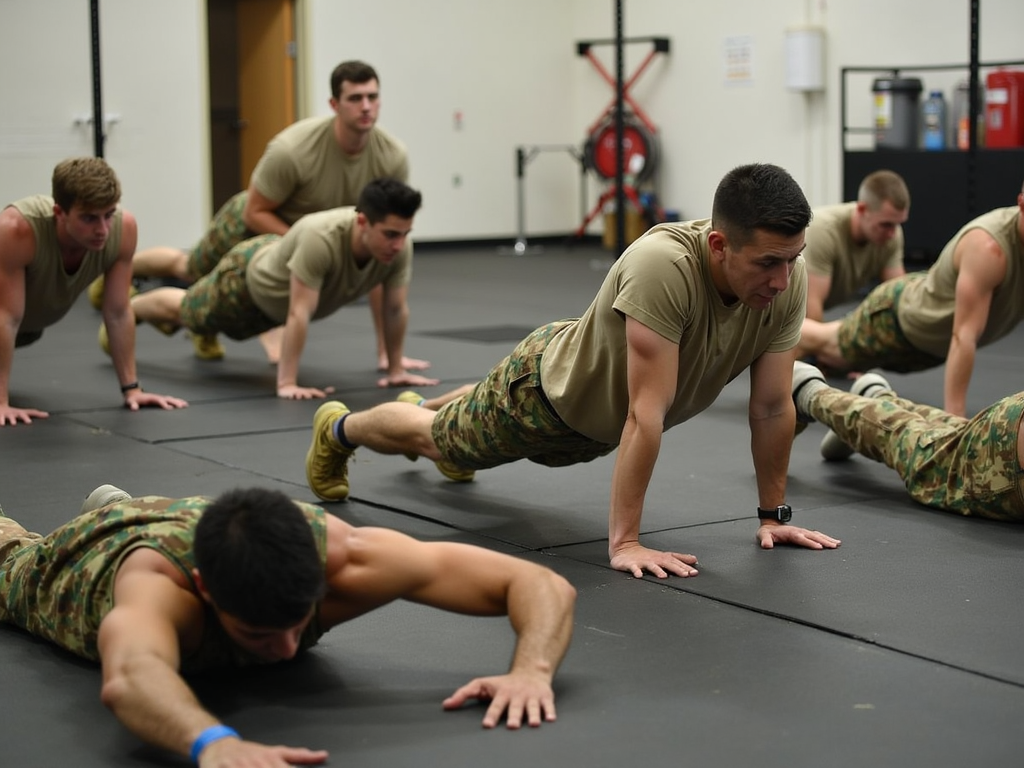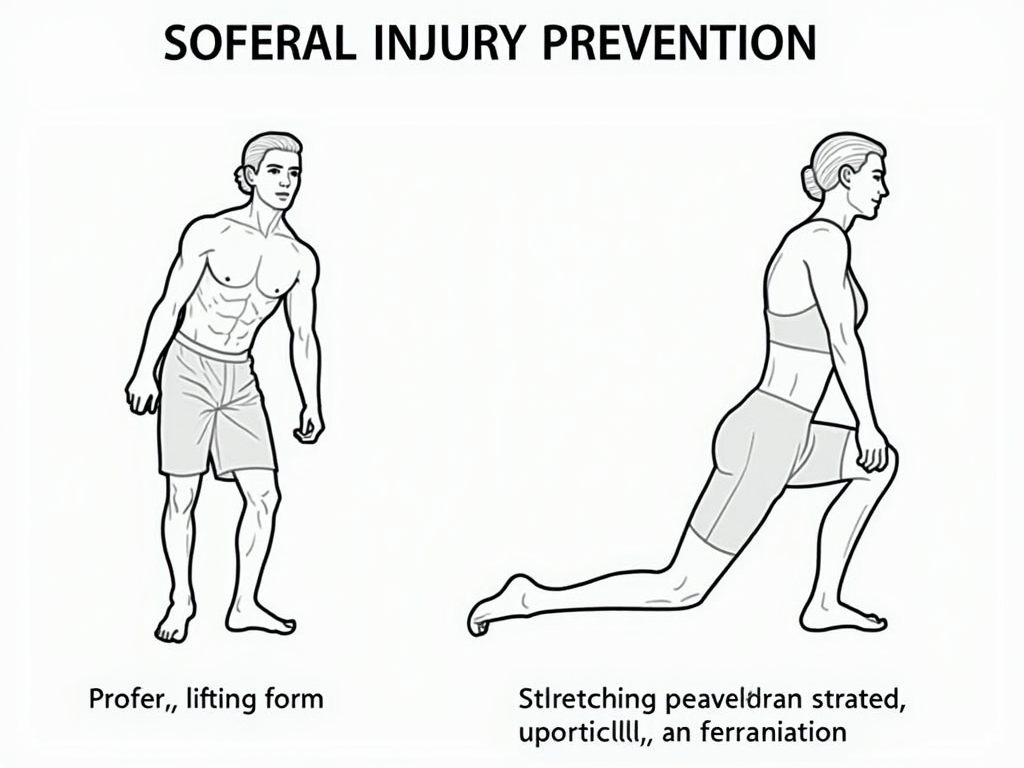Physical Fitness, Injury Prevention, and Fertility Preservation in the Military
April 14, 2025, 8:08 a.m.
Overview/Summary
Explore the critical aspects of physical fitness, injury prevention, and fertility preservation in the military. Learn how to balance the demands of military life with long-term health and well-being.
Introduction to Physical Fitness in the Military
Physical fitness is a cornerstone of military life. Service members are expected to maintain high levels of physical readiness to perform their duties effectively. This includes strength, endurance, agility, and overall health. However, the rigorous training and operational demands can take a toll on the body, making injury prevention and long-term health considerations crucial.

Importance of Injury Prevention
Injuries are a common occurrence in the military, ranging from minor sprains to severe trauma. Preventing injuries is essential not only for individual health but also for maintaining operational readiness. Common injuries include musculoskeletal issues, such as tendonitis and stress fractures, as well as more severe injuries from combat or training accidents.
To prevent injuries, service members should focus on proper training techniques, adequate rest and recovery, and using appropriate gear and equipment. Regular physical assessments and tailored training programs can also help identify and address potential issues before they become serious.

Balancing Wear and Tear: Military Life and Health
Military life is demanding, both physically and mentally. The constant cycle of training, deployments, and operations can lead to wear and tear on the body. It's essential to find a balance between meeting the demands of the job and taking care of one's health.
This balance can be achieved through proper nutrition, regular exercise, adequate sleep, and stress management techniques. Additionally, seeking medical care when needed and following rehabilitation protocols after injuries are crucial for long-term health.
Sperm Banking for Military Personnel
Sperm banking is an important consideration for male service members, especially those facing deployments or hazardous duties. It involves freezing and storing sperm for future use, providing a way to preserve fertility in case of injury or other circumstances that may affect reproductive health.
Military personnel can access sperm banking services through various programs and facilities. It's important to research and understand the options available, as well as the costs and procedures involved.

Fertility Preservation in the Military
Fertility preservation is not just a concern for men; female service members also need to consider their reproductive health. Options for women include egg freezing and embryo freezing, which can be done before deployments or other situations that may impact fertility.
The military offers some support for fertility preservation, but it's essential to be proactive and seek out resources and information. Consulting with healthcare providers and fertility specialists can help service members make informed decisions about their reproductive health.
Personal Insights and Experiences
As a former service member, I understand the challenges of maintaining physical fitness and health in the military. I have experienced the physical demands of training and deployments, as well as the importance of injury prevention and recovery.
One personal experience that stands out is when I suffered a knee injury during a training exercise. It was a wake-up call to the importance of proper warm-up, technique, and listening to my body. Through rehabilitation and a focus on injury prevention, I was able to recover and continue my military career.
I also know colleagues who have utilized sperm banking services before deployments, providing peace of mind for themselves and their families. It's a topic that is often overlooked but can be crucial for those facing uncertain circumstances.
Conclusion and Recommended Readings
In conclusion, physical fitness, injury prevention, and fertility preservation are critical aspects of military life. By understanding the demands of the job and taking proactive steps to maintain health and well-being, service members can balance their duties with long-term health considerations.
For further reading, I recommend the following resources:
- "Military Fitness: A Guide to Physical Readiness" by the U.S. Department of Defense
- "Injury Prevention in the Military: Strategies and Best Practices" by the Military Health System
- "Fertility Preservation for Service Members: Options and Considerations" by the American Society for Reproductive Medicine
These resources provide valuable information and insights for service members and their families.